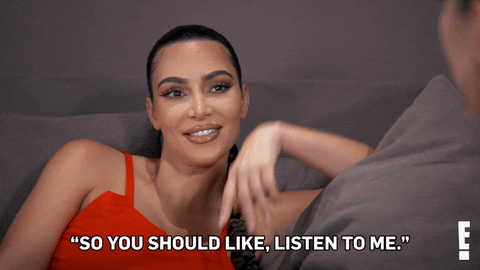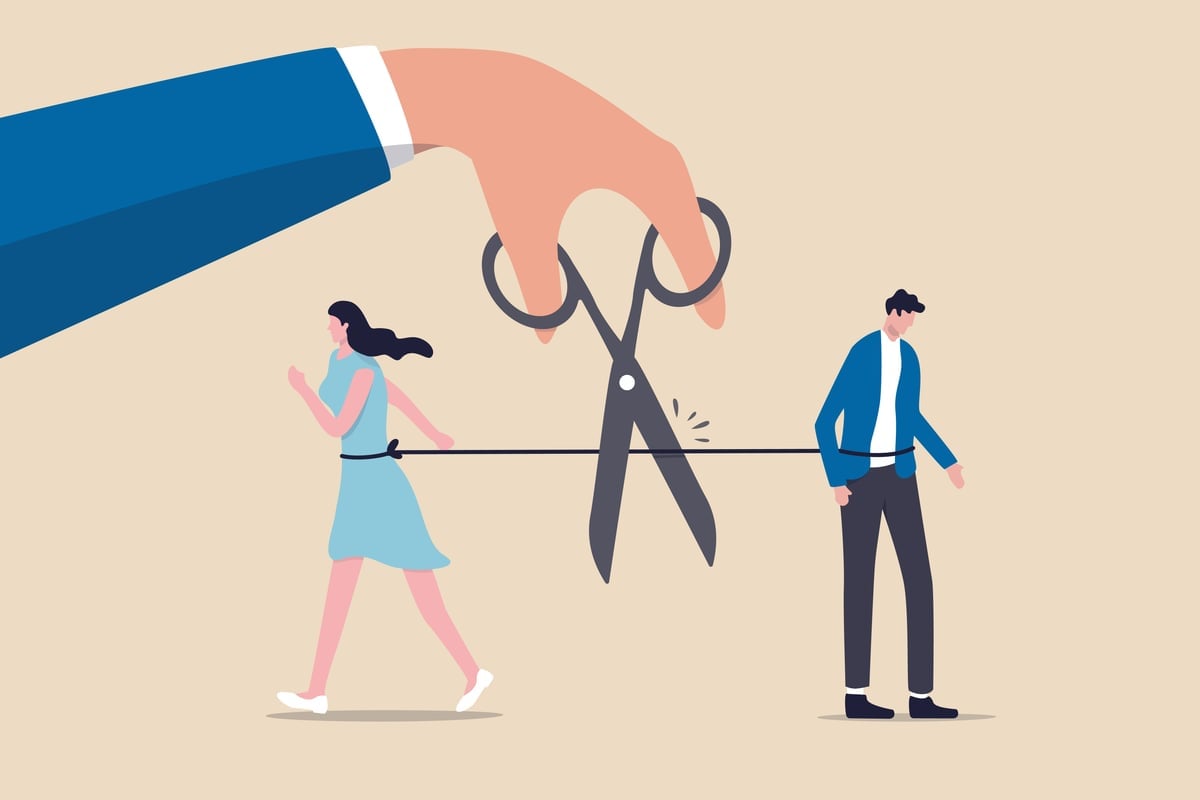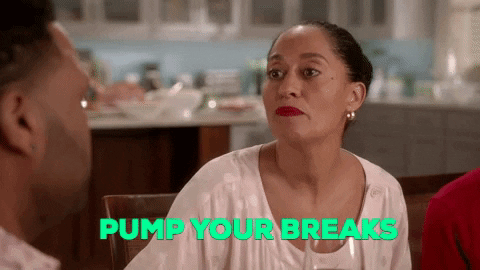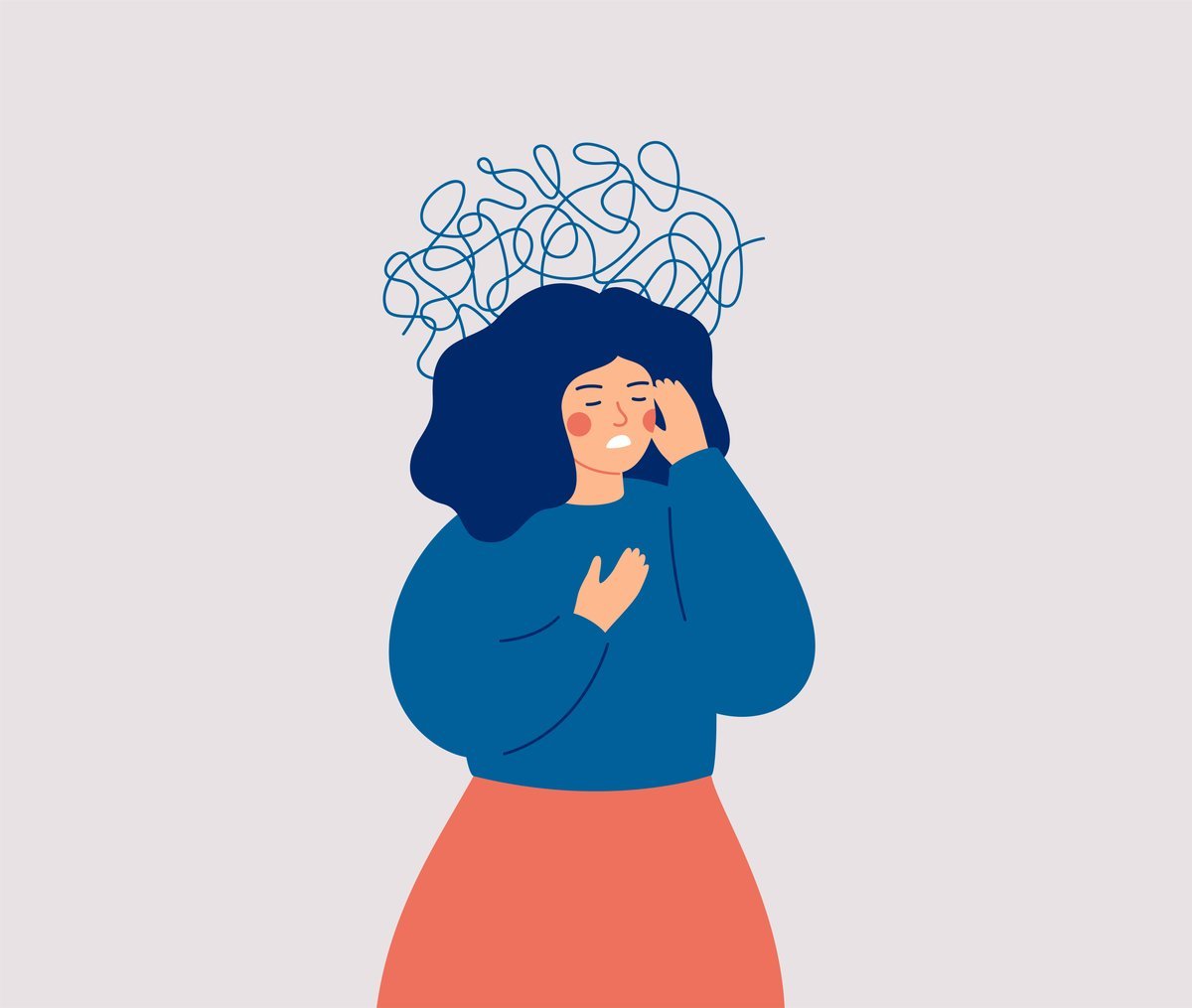
If you're in lockdown and you're a pinkie nail away from absolutely LOSING YOUR S**T if your partner so much as BREATHES near you (ʘ‿ʘ) - you're not alone, friend.
This is a safe space.
The last year or so has pulled a LEVEL TEN on relationships - and we're not just talking about intimate partners. We're talking about housemates, family members - the whole shebang.
"Lockdowns have been brutal on relationships. Small issues can become big ones when you’re in close confines for months. It’s like being in a pressure cooker," said psychotherapist and couples counsellor Lissy Abrahams.
Watch: Kyle Sandilands talks relationships and kids on No Filter with Mia Freedman. Post continues below.
"It’s been very difficult, especially for those who have experienced financial difficulties and job insecurity. The daily grind has worn down many parents who have been juggling homeschooling young children with their work responsibilities."
"They might also have a child with special needs and a lot less access to support. Throw in the challenge of border restrictions, many struggle with being separated from family."







Top Comments